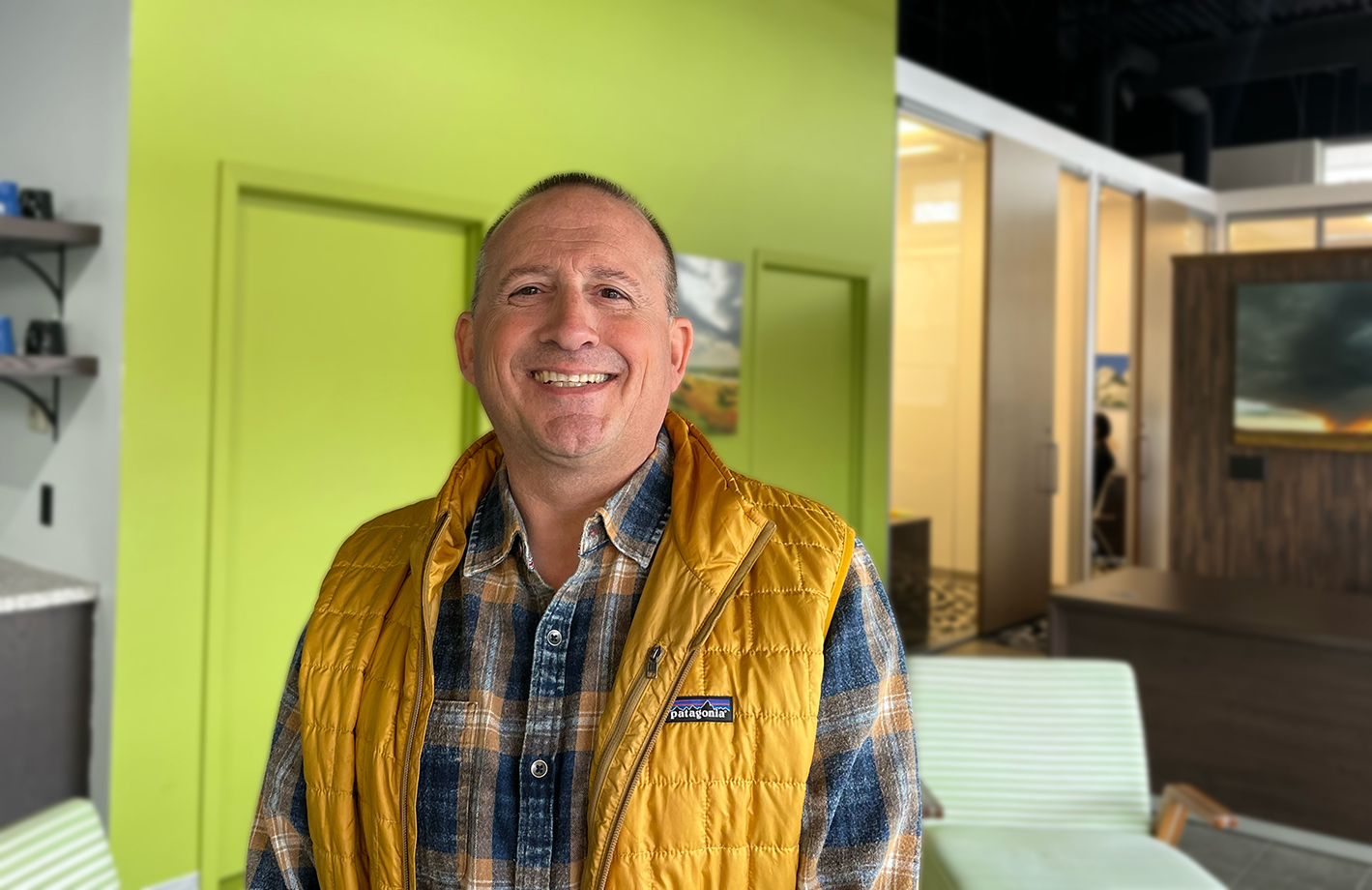‘The shame is what kept me drunk’

Published Aug. 24, 2023
Todd Lindsay (he/him) went from never considering he had a problem with alcohol to knowing without question he needed help. He wanted to get better, but he wanted to do it without having to tell anyone.
“The shame is what kept me drunk,” he said. “Had I known the support I’d get, my thinking would’ve been quite different.”
Lindsay had a great upbringing with a loving family. He started drinking in high school and became the life of the party through college and adulthood.
It got to the point where Lindsay was drinking all day, every day, and nobody knew.
“I’d probably been an everyday drinker for 15 years,” he said. “I hid it from everyone — my kids didn’t know, my wife didn’t know, my business partner didn’t know.”
Lindsay didn’t see a way out of the shame, depression and drinking. He made a plan to end his life.
“I truly believed, rationalized and justified suicide as the best way to get out of my situation,” he said. “I remember standing in my bedroom, staring at nine-millimeter, crying and crying and crying. I picked up the phone and called my wife. One week later, I went to treatment.”
Although he went to treatment with an open mind, Lindsay didn’t believe he’d be able to quit drinking. He had already tried so many times.
“It’s now been more than five years of sobriety. I’m so grateful and so thankful that I did not take my life,” he said. “My life has never been better.”
The little things
About a year before Lindsay went to treatment, he tried Face It TOGETHER’s peer approach. He instantly connected with his coach, Dave.
“I hesitantly agreed to meet with him. At the time, I was still drinking but told him I wasn’t,” he said. “I enjoyed visiting with him so much. The only reason I quit seeing Dave was I liked him too much to lie to him.”
Even though Lindsay wasn’t ready to stop drinking, he said Dave was the one who gave him a little bit of hope.
“We had very candid, very raw conversations,” he said. “I remember the day after I met him, it was another sigh of relief. Little by little, I thought, ‘Maybe there’s a chance I can quit this.’”
Since Lindsay started his recovery and going to 12-step meetings, and his wife found her own support group for loved ones, he’s seen a “night and day difference” in his relationships.
“It was a saving grace. Our communication opened up 100%,” he said. “I also didn’t realize how much of an effect my addiction had on my relationship with my kids. It’s so much better now.”
Lindsay didn’t expect to appreciate the little things in life now while sober.
“The sunset, sunrise – there’s so many things I took for granted or was drunk while I was doing them,” he said. “I enjoy fishing a lot more by myself since I’ve gotten sober. I’ve really appreciated the times I’ve been the only person being on the water as the sun is coming up.”
Throughout Lindsay’s addiction, he ran his own company, never faced legal problems or financial issues and didn’t lose his kids or wife. Even so, he’s seen stigma and ignorance regarding addiction in Sioux Falls, SD.
“The stigma is still the biggest thing. I used to think suicide was my only option; I had resigned myself to think I could never stop drinking,” he said. “When my mind started to clear, I started to remember some of the things I said, did, thought. You can’t believe that you would think that. Today, there’s not a thing in my life that isn’t better.”
